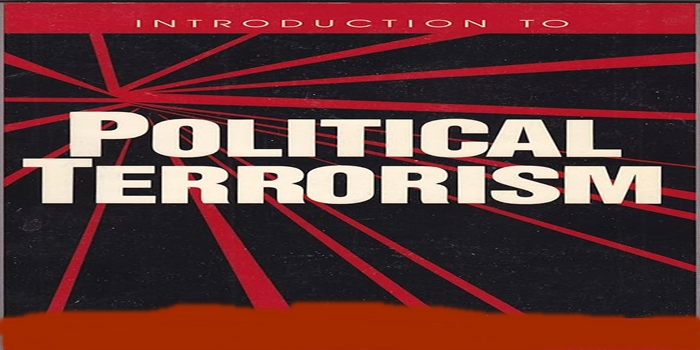In this article, we discussed the meaning of political terrorism, definition of terrorism, example, furthermore we talked about its causes.
Definition
Terrorism is the unlawful use of violence or threats to intimidate or force a civilian population or government, with the goal of furthering political, social, or ideological objectives.
Terrorism has been described as: The use of violence or of the threat of violence in the pursuit of political objectives. Acts committed by non-state actors (or by undercover personnel serving on the behalf of their respective governments.
Political Terrorism is the use of violence or the threat of violence to achieve political goals, such as preventing or influencing state decisions. It can also be defined as a violent criminal act that aims to create fear in a community for political reasons.
Example of Political Terrorism
State terrorism
When a government’s military or intelligence establishment commits acts of terror against its own citizens or other government bodies.
Insurgent terrorism
When private citizens commit acts of terror against their own government or institutions that represent the establishment. Insurgent can be committed by both left-wing and right-wing groups.
Transnational terrorism
Acts of terrorism that take place across borders, such as against foreign officials or diplomats. The Palestine Liberation Organization (PLO) is an example of a transnational terrorist organization.
Revolutionary terrorism
A violent tactic that includes armed robbery, military operations, and kidnapping
Other examples include:
Social revolutionary
Nationalist-separatist
Religious extremist
Right-wing
Left-wing
Communist
Causes including:
Political repression
Political repression, state failure, and ethnic conflict can all contribute to it.
Ideologies
Ideologies such as secular beliefs, religious beliefs, and ethnic discrimination can be a precursor to terrorist acts.
Perceptions of deprivation
Perceptions of deprivation and inequality, especially among culturally defined groups, can lead to civil violence.
Lack of political legitimacy
A lack of political legitimacy and continuity can encourage ideological violence.
Social alienation
In countries with high levels of economic development, social alienation and lack of economic opportunity can be drivers of terrorist activity.
State involvement
State involvement in an external conflict can be a driver of the activity.
Mass media
Mass media can influence it by increasing lethality and expanding its transnational character.
Social unrest
A combination of poverty, relative deprivation, and blaming the United States and the West for these conditions can lead to social unrest and support for violence against them.
Conclusion
political terrorism, is an organized campaign of civil violence carried out by a group opposed to an established government, is increasingly being used instead of traditional warfare to gain political ends.


